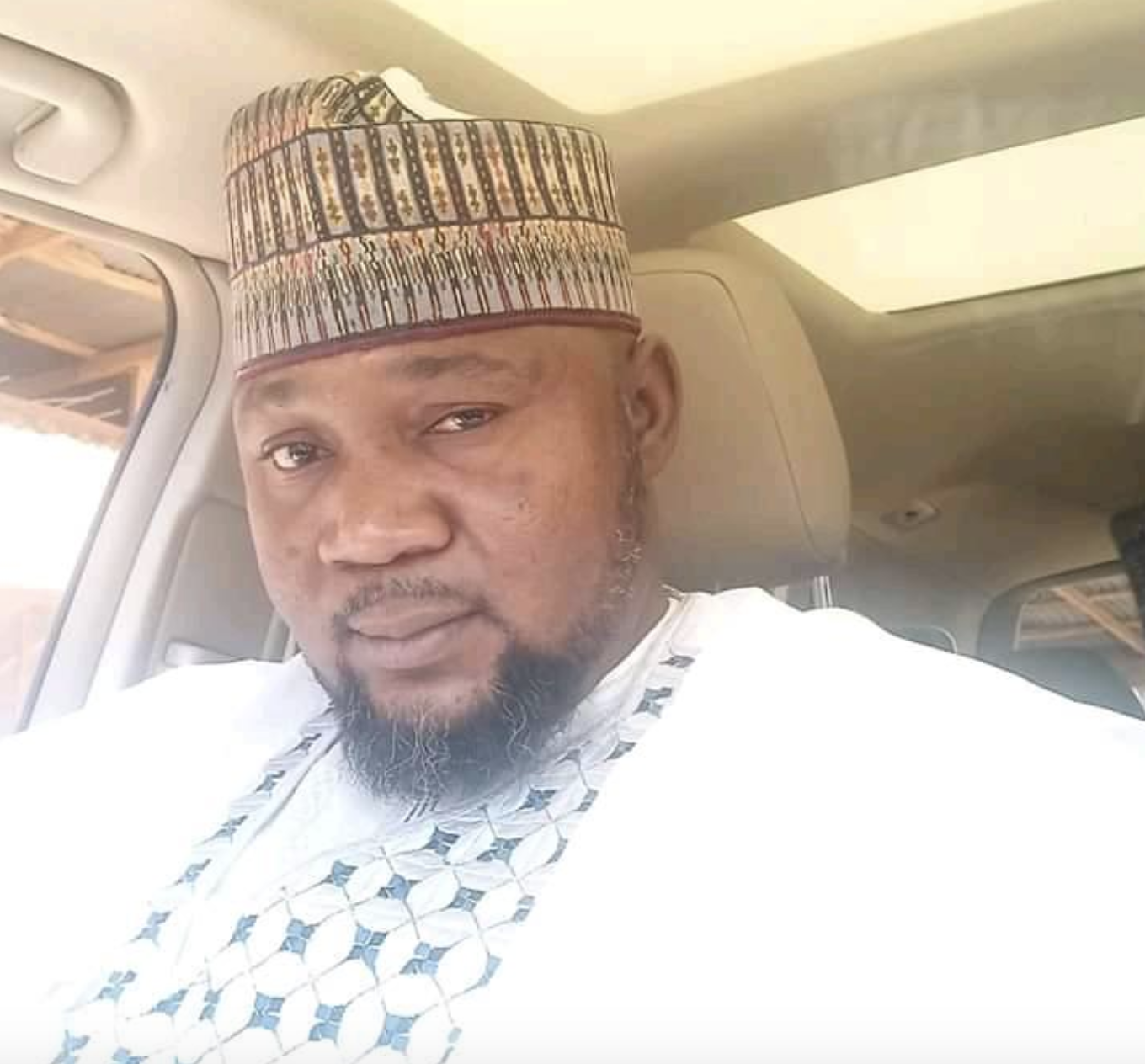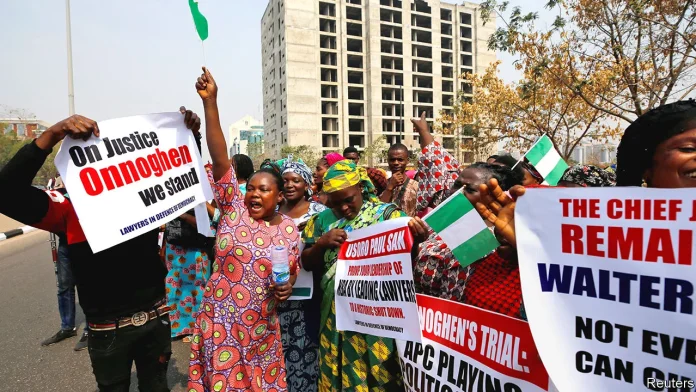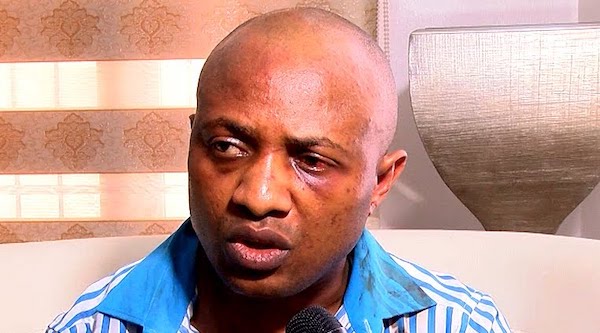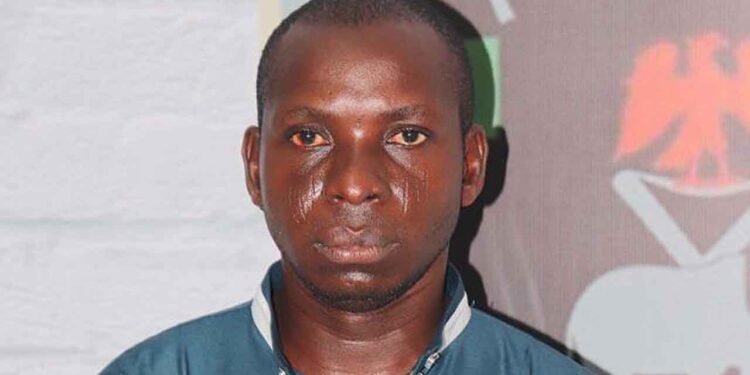The concerns surrounding Nigeria justice system have persisted for many years. With increasing crime rates and a growing number of unsolved or unprosecuted cases, it is evident that significant improvements are required.
Throughout history, the Nigerian criminal justice system has encountered various challenges, including concerns regarding investigations, prosecutions, and the pressing need for reforms.
Our focus is to evaluate the effectiveness of Nigeria’s criminal justice system and identify ways to enhance its functionality for all Nigerians.
So let’s dig into the challenges faced by the system, acknowledge its achievements thus far, and propose necessary reforms to optimize its performance!
Acknowledging The Positive Aspects Of The Nigerian Criminal Justice System
Despite its many flaws, the effectiveness of criminal justice system in Nigeria does have some strengths. For example, the country’s constitution guarantees the presumption of innocence, has a clear hierarchy of courts, and empowers the judiciary to interpret the law.
Additionally, the system is modeled after the British common law system and has developed its unique approaches to criminal justice over the years.
Read Also:Man Jailed For Life For Defiling Daughter
Identifying Weaknesses In The Nigerian Criminal Justice System
However, the Nigerian criminal justice system also has significant weaknesses. One of the many challenges, the biggest problem, is the issue of corruption. Many Nigerians believe that judges, police officers, and other officials are easily bribed or influenced, which can lead to wrongful convictions or the acquittal of guilty parties.
Plus, there are concerns about the slow pace of justice, especially in cases involving high-profile defendants or complex legal issues.
Challenges Faced By Nigeria Justice System
There are several challenges facing the Nigerian laws and punishments system that must be addressed if it is to become more effective.
One key challenge is more resources, particularly regarding forensic evidence and advanced technology. There is also a need for better coordination between law enforcement agencies and increased training and education for prosecutors and judges.
Path To Reforms
Several reforms should be implemented to improve the effectiveness of the Nigeria justice system. These include measures to increase transparency and accountability in the judiciary and efforts to reduce corruption and promote ethical behavior among law enforcement officials.
Moreover, there is a need for reforms to the legal system itself to make it more efficient and responsive to the needs of Nigerian citizens.
Notable Cases Or Incidents
1.Chukwudubem Onwuamadike, popularly known as Evans, has been accused of multiple offenses, including kidnapping, murder, and attempted murder. His case has been ongoing since 2017.
2.Hamisu Bala, also known as Wadume, faces a 13-count charge of terrorism and kidnapping in Taraba State. He allegedly received help from soldiers to evade arrest, leading to the deaths of three police officers and two civilians.

3.Abdulmuminu Danga, a commissioner in Kogi State, faces assault charges against a young woman, which led to public anger, but little information has emerged since.
These cases have attracted media attention and public interest. Still, factors such as technical problems in the Nigerian judiciary, the COVID-19 pandemic, #EndSARS protests, and strikes by the Judicial Staff Union of Nigeria (JUSUN) have contributed to the delays in their conclusion.
To explore additional cases, make sure to check out Nigeria Crime.
Closing Thoughts
The Nigeria justice system faces numerous challenges and weaknesses. However, there are also strengths to build upon and potential reforms that could significantly improve the system.
By working together to address these issues, Nigeria can create a more effective and equitable criminal justice system that serves the needs of all its citizens.
©NigeriaCrime



